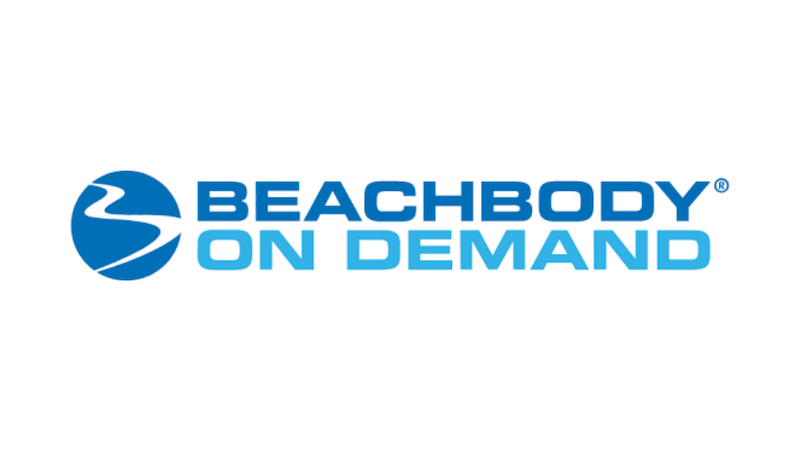Beachbody and Myx Fitness to Combine in $3B SPAC Business

Beachbody will combine in a three-way merger with blank-check company Forest Road Acquisition Corp. and Myx Fitness, which makes connected bicycles in $3B SPAC Business.
Beachbody, a maker of fitness foods and video content that has transitioned from a troubled past to a swell of success amid the COVID-19-era demand for at-home workouts, is merging with Myx, a stationary bike company, and a financial firm in a complicated maneuver that will take it public.
Participants in the deal announced that the Beachbody Company Group entered into a three-way merger agreement with Myx Fitness Holdings and Forest Road Acquisition Corp., a special purpose acquisition company. Beachbody will emerge as the parent company, with three fitness brands beneath its banner: Myx, Beachbody On Demand (BOD) and Openfit, a preexisting Beachbody subsidy that offers live-streamed classes and remote one-on-one fitness coaching.
The new entity is worth an estimated $2.9 billion. Beachbody’s current leadership — cofounders Carl Daikeler and Jon Congdon — will remains in control. It is the latest chapter in a long, partially sullied history.
Daikeler, seen in the “8 Minute Abs” infomercials in the 1990s, and Congdon founded Santa Monica-based Beachbody in 1998 and found success selling fitness DVDs (including Tony Horton’s various successors to his “Power 90” craze) and trademarked foods like Beachbars and Shakeology.
Daikeler credited the company’s success to “walking billboards,” fans who tried to hawk Beachbody merchandise to friends and family. The company launched a multi-level marketing program dubbed Team Beachbody, allowing customers to sign up as “coaches,” a strategy that pushed up Beachbody’s sales but often left the coaches trying to sell DVDs and Beachbars without a profit. A 2018 Philadelphia Inquirer investigation found that more than half of all coaches earn nothing and Cosmopolitan accused Beachbody of running a “cultish” “pyramid setup.”
Beachbody survived this onslaught of criticism and, sensing the era of fitness DVDs was over, launched its “Beachbody On Demand” subscription service in 2015. Its library of workout videos and programs, worth in $7,000 in DVD prices, was made available for about $100 a year.
The next phase of their success was ushered in by the COVID-19 pandemic and the exodus of fitness buffs from gyms to home workout setups. Beachbody claims BOD’s subscriber base grew more than 300 percent during the coronavirus shutdown, with 500,000 new signups.
MYX, founded in 2016, was also well-positioned at the start of the pandemic. Its stationary bikes start at $1,299 and the initial package includes an exercise bike, touchscreen tablet and heart rate monitor. The company provides a solid option for people who can’t find or afford a Peloton — or weren’t taken by the craze — and want to start stationary biking. MYX sells other exercise equipment and, like every other fitness company, has an app for instruction (though not yet live biking classes, but that seems bound to change with the merger).
The third party in the deal, Forest Road Acquisition Corp. is a “blank check” firm. Such SPACs (special purpose acquisition companies) are financial mechanisms that allow companies to take steps to enter public markets without yet committing to the regulatory complications of making an official initial public offering.
But an IPO will come soon from Beachbody, which the company says will be listed on the New York Stock Exchange with the ticker symbol “Body.”
Nick Keppler is a freelance journalist, writer and editor. He enjoys writing the difficult stories, the ones that make him pore over studies, talk about subjects that make people uncomfortable, and explain concepts that have taken years to develop. Nick has written extensively about psychology, healthcare, and public policy for national publications and for those locally- based in Pittsburgh. In addition to Athletech News, Nick has written for The Washington Post, The Daily Beast, Vice, Slate, Reuters, CityLab, Men’s Health, The Gizmodo Media Group, The Financial Times, Mental Floss, The Village Voice and AlterNet. His journalistic heroes include Jon Ronson, Jon Krakauer and Norah Vincent.



